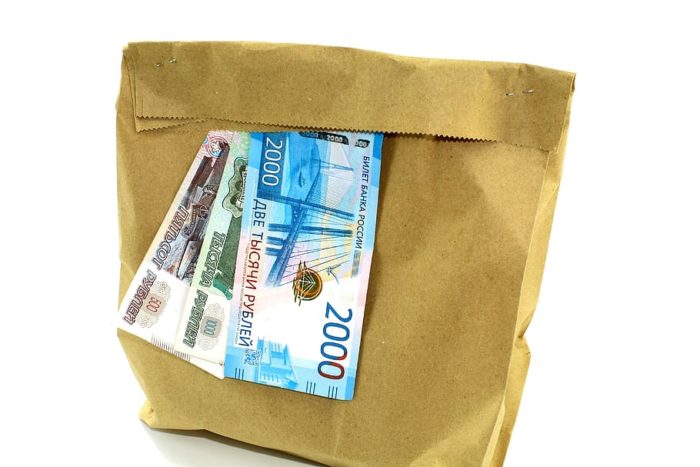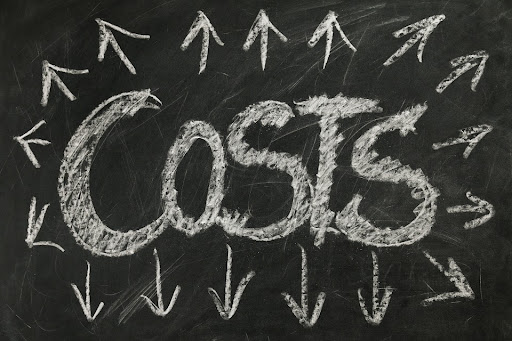Costing Community of Practice 2021 Brown Bag Lunches

The Costing Community of Practice (CCoP) Brown Bag Series invites stakeholders and a limited audience of between 20-50 individuals engaged in research and global development policy to hear presentations and discuss the latest research and innovations in the production and use of cost evidence. Speakers can include:
- Researchers producing rigorous cost evidence
- Foundations and donor leaders integrating cost evidence into investment decisions
- CCoP members presenting on their organization’s work around cost evidence
- Policymakers interested in using cost evidence
- Cost methods experts and educators
- Bi-lateral or multilateral institutions
Format
The format of the Brown Bag Series is intended to facilitate an engaging and informal forum for the CCoP to engage with its community of partners and practitioners. Events will incorporate significant time for discussion to enable a smaller audience to provide feedback, ask questions, and discuss productive solutions and opportunities related to cost evidence.
Please email Sam Fishman at sfishman@berkeley.edu to be added to a brown bag lunch calendar invitation.
Past BBLs
Cost Evidence From Large-Scale Self-Help Group Programs in India
Presenters: Thomas De Hoop, Program Area Lead, Gender and Social Protection and Principal Economic Researcher, American Institutes for Research (AIR); Garima Siwach, Economic Researcher, American Institutes for Research (AIR)
Date: Tuesday, July 20th, 2021
Time: 8AM – 9AM Pacific Time
Financial inclusion and livelihoods programs, like microfinance, financial literacy, and women’s empowerment programs, often show reduced impacts when scaled up. Yet, scaling up may lead to economies of scale, which can reduce average costs of operations and maintain the program’s cost-effectiveness despite lower impact. This study shows evidence on the association between program scale, costs, and cost-effectiveness of large-scale development interventions by analyzing how the costs of a large-scale Self-Help Group program in India changed over a twelve-year period. The study focuses on program costs of Jeevika – the Bihar Rural Livelihoods Promotion Society – from its inception in 2007 when it mobilized 8,000 women into SHGs, to its current reach where it has mobilized over 11 million women into 0.9 million SHGs. Jeevika has been operating the Bihar Rural Livelihoods Project (BRLP) since 2007, and currently implements India’s NRLM through Bihar’s State Rural Livelihoods Mission (SRLM). The NRLM, which was launched in 2011, operates in 28 states through the SRLMs, which create and work with women’s SHGs to facilitate institutional and capacity building, financial inclusion, livelihoods promotion, social inclusion, and development. Our study finds that annual per capita expenditure on basic program activities declined significantly with respect to scale. In addition to the evidence on economies of scale of Jeevika’s operations, we also combine program costs with current evidence on the program’s impact. We show how reduced program impact at scale can potentially be offset by cost savings due to economies of scale, thus enabling the program to maintain a similar cost-effectiveness at scale as at the pilot phase. Finally, we discuss our ongoing work where we estimate a full benefit to cost ratio of the Jeevika program, by comparing program costs over seven years with benefits related to program impacts on financial inclusion, consumption, and income.
Context-Sensitive Benchmarks for Humanitarian Cash Assistance
Presenters: Caitlin Tulloch, Associate Director, Best Use of Resources at International Rescue Committee; Kayla Hoyer, Senior Advisor at International Rescue Committee
Date: Wednesday, April 28th, 2021
Since 2015, the International Rescue Committee (IRC) has conducted dozens of cost-efficiency analyses of cash and vouchers programs that it runs around the world. Using this novel data, IRC was able to conduct a comparative analysis to understand how CVA program design (e.g. scale, CVA delivery mechanism, size of transfer, duration of assistance, number of transfers, etc.), as well as the context in which CVA programs are implemented, influence their cost-efficiency. The results provide insight into the role of different factors in determining the cost-efficiency of cash programs, in order to help policymakers, donors, and practitioners to make informed decisions.
The Costing Community of Practice (CCoP)
The Costing Community of Practice (CCoP) is a CEGA coordinated effort to address barriers to generating more, and better cost evidence produced in conjunction with development impact evaluations. Its members include the International Initiative for Impact Evaluation (3ie), the International Rescue Committee (IRC), the Abdul Latif Jameel Poverty Action Lab (J-PAL), Innovations for Poverty Action (IPA), Evidence Action, the Strategic Impact Evaluation Fund (SIEF) at the World Bank, the Economic and Social Research Foundation (ESRF) in Tanzania, the United States Agency for International Development (USAID), and the Millennium Challenge Corporation (MCC).



